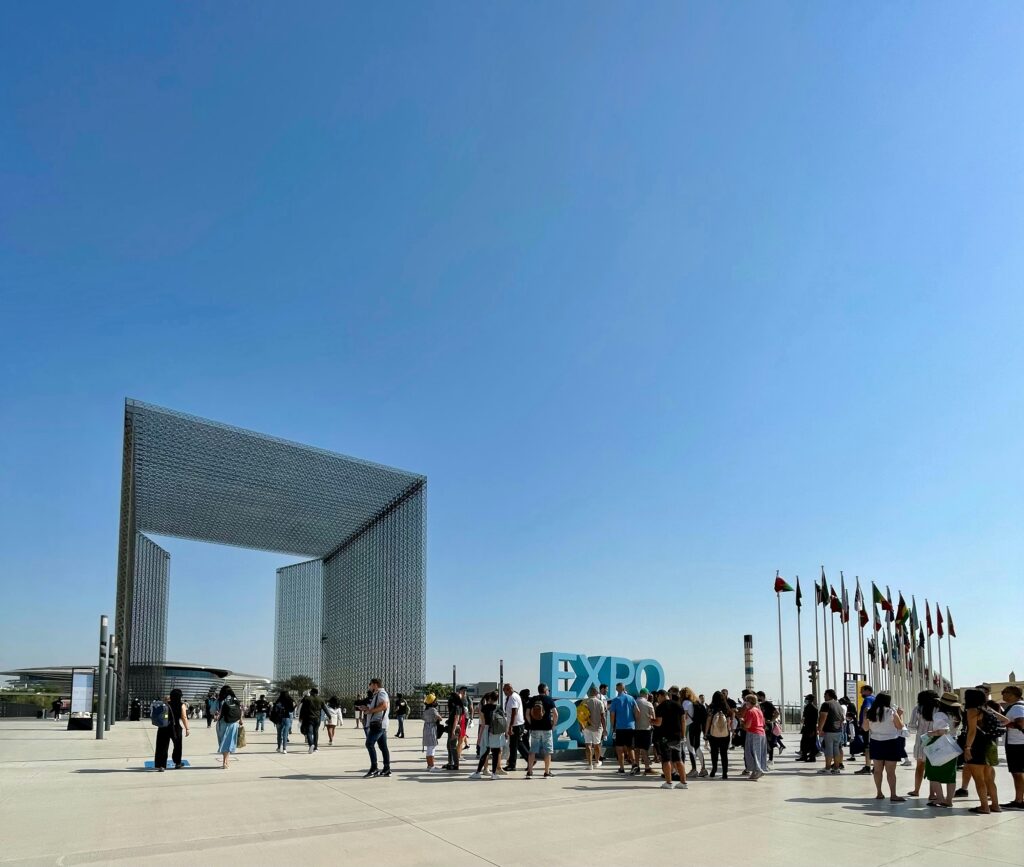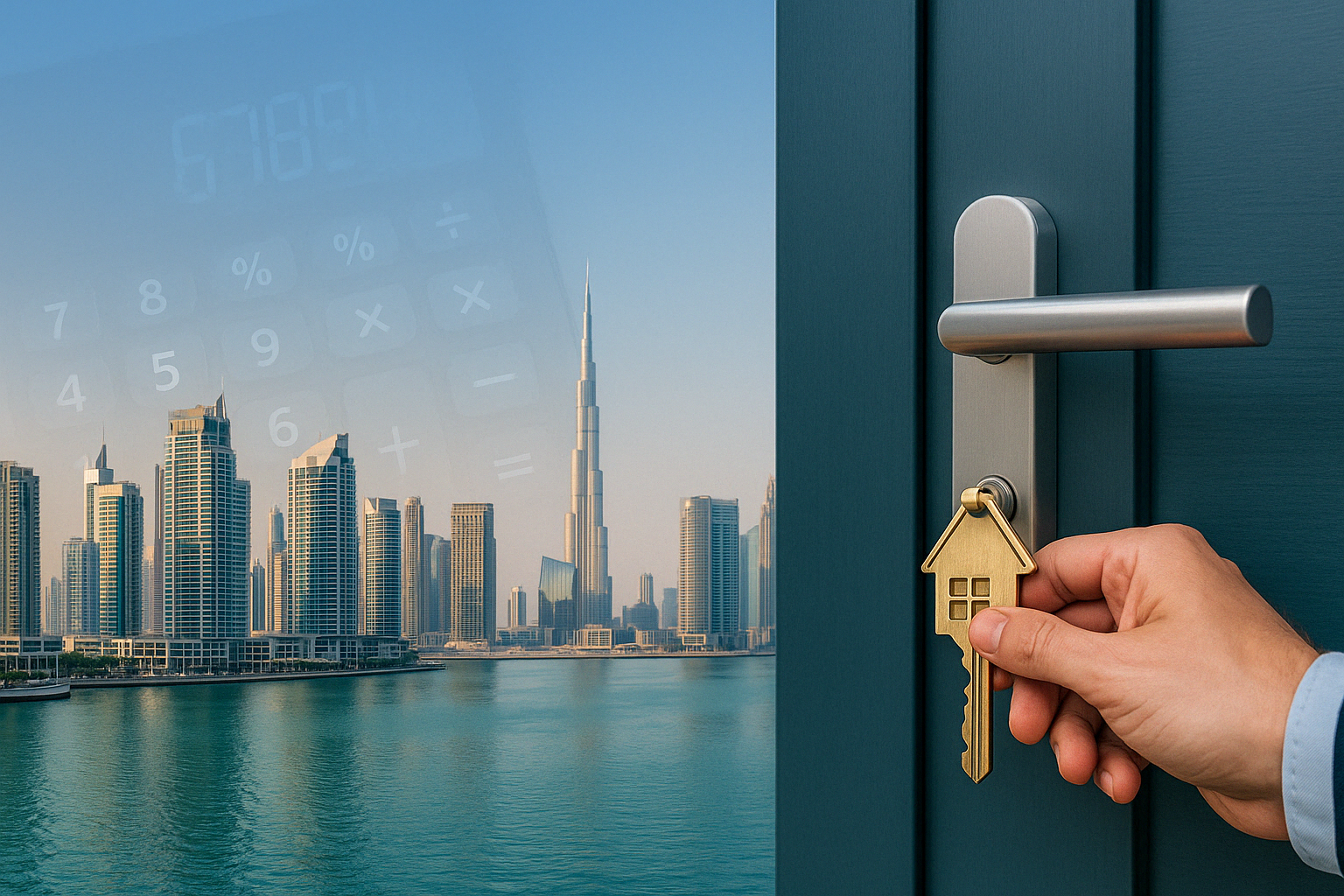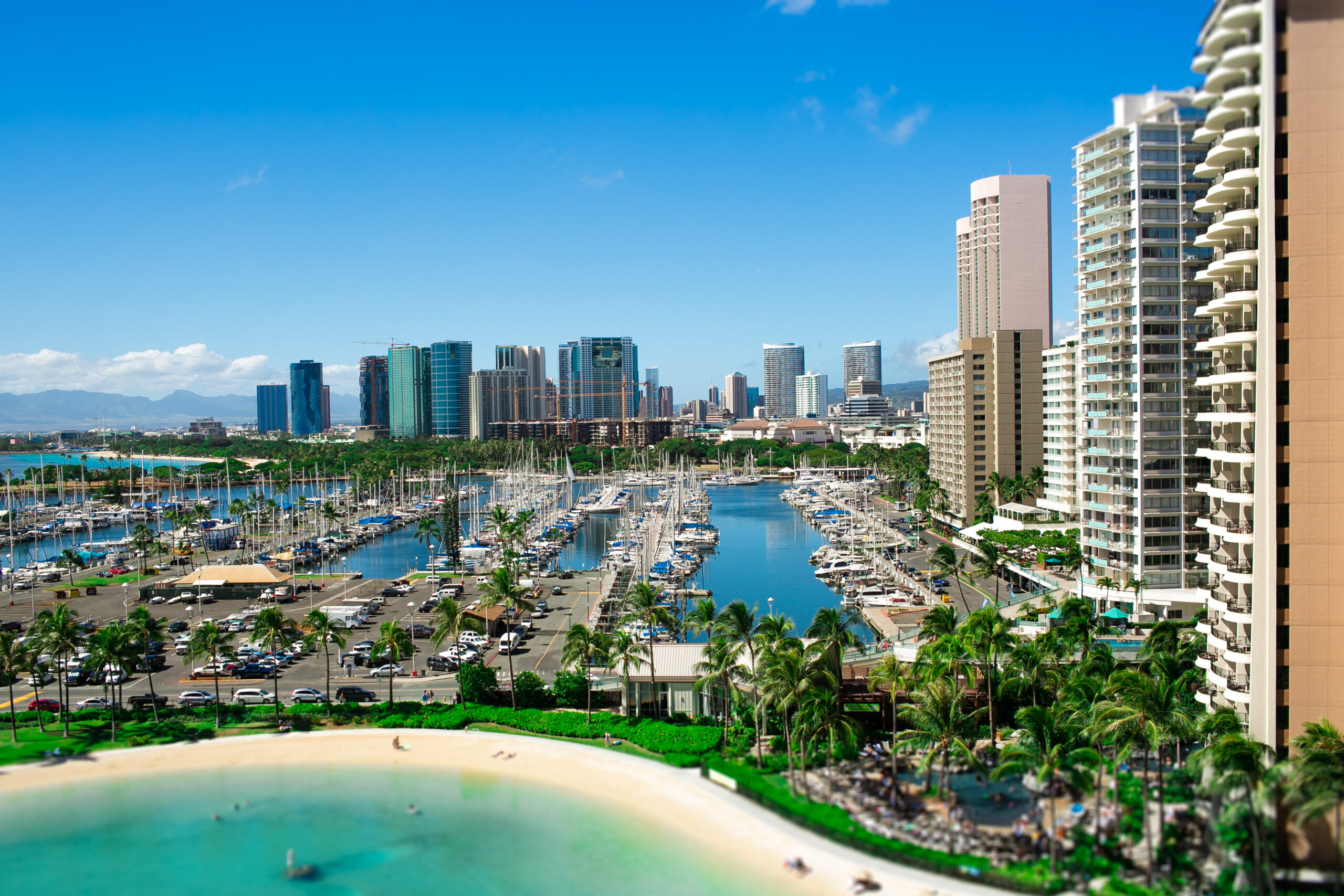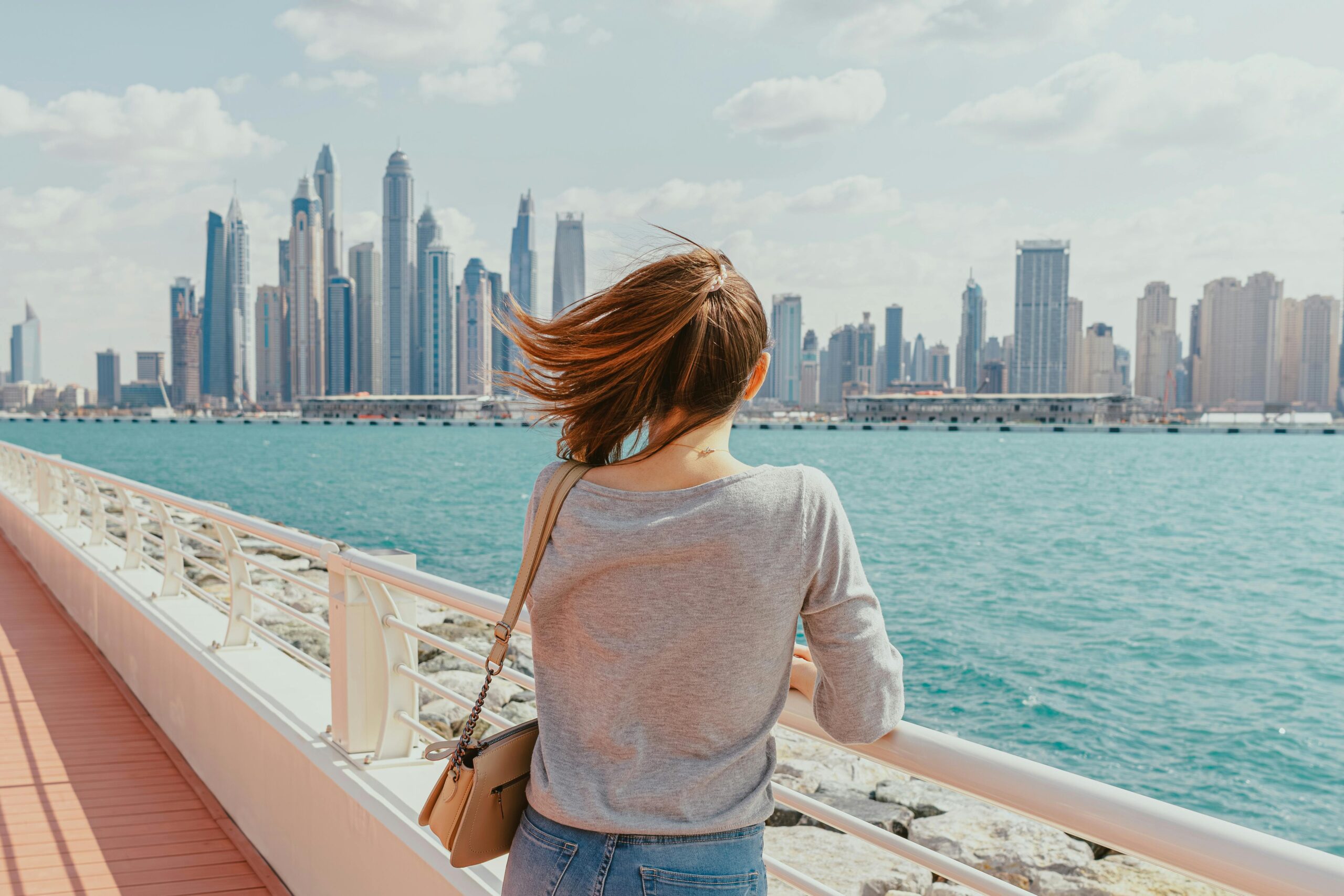Expo 2020 Dubai, the first World Expo in the Middle East, ran from October 2021 to March 2022. While it was indeed a headline-grabbing spectacle that attracted over 24 million visits, its influence on Dubai’s commercial real estate went far beyond.
Dubai spent more than $5 billion on construction projects, and around 277,000 new jobs were expected across the UAE. That set off a wave of demand for offices, retail spots, hotels, and even warehouses. In some neighborhoods, real estate prices climbed by as much as 30% during the Expo period.
Here is a closer look at the immediate effects of Expo 2020 on commercial real estate, along with future trends to watch for.
Immediate Effects of Expo 2020
Busy Transactions and Investor Optimism
In the lead up to Expo 2020, Dubai’s commercial real estate transactions volumes jumped exponentially. In August 2021, Dubai logged about 5,780 sales transactions worth nearly AED 15 billion. It was the best August in 12 years. Investors believed the Expo would drive business activity and visitor numbers, so they wanted to grab properties before prices could rise further.
Hotels and Retail Activity
Hotels and malls felt the biggest boost. By March 2022 (the last month of Expo), Dubai’s hotel occupancy reached about 91.7%, and on one particular day, occupancy hit 96%. Average Daily Rates climbed too (roughly AED 891), with a revenue per available room of AED 818, numbers not seen since 2007.
That kind of traffic also helped restaurants and shops. People who came for Expo often explored the rest of the city, which meant more footfall in malls and tourist-friendly districts.
Office and Logistics
Office leasing was a bit of a mixed bag. Some companies put off expansions due to lingering pandemic uncertainty, but Expo still brought in enough short-term office rentals for participants and contractors.
Warehouses, on the other hand, got a nice lift: more e-commerce activity plus logistics for the Expo itself created extra need for storage facilities. Overall, Expo calmed earlier fears of “too much supply” in Dubai’s real estate market, setting things up nicely for the years after.
New Spots and Upgraded Areas
The Expo Site Becomes Expo City Dubai
The Expo grounds in Dubai South were planned as a long-term community from the start. Right after the event, the space was renamed Expo City Dubai. About 80% of the structures remained, and they’re now home to offices, apartments, and public parks.
Legacy tenants like Siemens, DP World, and Emirates Airlines have already moved some operations there, and the government has turned it into a 15-minute-style community (where everything is close by).
Surrounding Communities
The area around Dubai South also scored major improvements, including new roads, wider highways, and the Route 2020 metro line. This opened up easy access to places like Dubai Investment Park and Discovery Gardens, which used to feel a bit out of the way.
Thanks to better transport links and Expo-driven attention, those neighborhoods saw more property interest and a jump in transactions.
Business Districts That Stayed Hot
Dubai’s well-known business districts like Business Bay, Downtown, and DIFC also reaped the benefits. International firms visiting for Expo set up temporary offices nearby. Business Bay was already a top-selling area, and Expo just solidified that reputation.
Around the same time, Dubai unveiled big new attractions, like the Museum of the Future in early 2022. That helped drive more foot traffic and business tourism.
Retail and Leisure Project
Dubai built several new retail and entertainment destinations in the run-up to Expo, places like Deira Islands, Dubai Water Canal, and Bluewaters Island with its now-famous Ain Dubai.
Some folks were worried about having too much retail space, but Expo brought in millions of shoppers, which meant malls and tourist spots stayed busy for six straight months.
Investment Activity Increases
Global Buyers Took Notice
By late 2021, roughly 19,000 foreign investors were estimated to inject about AED 35 billion into Dubai’s property market with top sources including India, China, the UK, France, and Pakistan.
Expo’s global exposure of Dubai – along with business-friendly reforms like new long-term visas – made the emirate more attractive for overseas commercial real estate investment. Freehold office floors, retail units in prime malls, hotels, and logistics facilities all saw rising interest from abroad.
Local Players Jumped In Too
Local developers and entrepreneurs also sensed new opportunities. With cheap financing available in 2021 and the city’s reforms (like 100% business ownership in certain sectors), plenty of residents bought offices, small warehouses, or shops. Real estate deals reached multi-year highs by late 20217. Expo’s success in 2022 kept the momentum going, showing that Dubai’s real estate was back in full swing.
Popular Property Types
- Hotels: Investors who acquired hotel rooms or suites ahead of Expo earned great returns when occupancy and daily rates soared.
- Offices: Global companies looking for a Middle East base boosted demand for Grade A offices and strata office units in business districts.
- Logistics: Warehouses near Dubai South and Jebel Ali attracted interest from both large funds and small businesses, especially with e-commerce growing nonstop.
- Retail: High-profile malls got most of the attention, though some secondary retail sites still struggled with empty units.
Changing Rental Scene
Offices on the Rise
Office rentals took a hit in 2020 (thanks, COVID), but the Expo gave them a shot in the arm. By 2022, occupancy for top-grade offices was about 20% higher than before. That bumped up rents by about 9% year-on-year for high-end buildings in early 2022.
Short-term office solutions also became more popular, especially for smaller firms or startups that popped up during Expo and didn’t need a big or long-term lease.
Retail: A Boost, Then a Slowdown
During the Expo, malls and retail centers were packed. Footfall soared, landlords ended rent discounts, and shops enjoyed brisk sales. Popular malls were full, but smaller, less-known places faced ongoing vacancies (Dubai’s total retail space had grown massively in the years prior). Once Expo wrapped up, well-located malls stayed strong, while others felt the strain of competition.
Hotels: The Biggest Win
For hotels and short-term rentals, the Expo was a blockbuster. Early 2022 occupancy hovered around 82%, and visitors stayed longer (4.5 nights on average). That translated into higher revenues for hotel owners and property funds, along with better returns for people offering Airbnb-style units.
Dubai’s ability to host Expo so smoothly also boosted its image for future events—think big conferences and sports tournaments—so the city’s hospitality industry got a long-term benefit from that high-profile success.
Looking Down the Road: What Happens Next?
Renewed Investor Confidence
Real estate prices entered an upswing by 2021–2022, after a slow stretch. The global exposure of Expo is still luring companies and entrepreneurs to Dubai, which keeps demand strong for offices and other commercial spaces. Investors also trust that the government can deliver on major projects, so that confidence is likely to stay.
Tourism and Hospitality Keep Growing
The Expo basically turbocharged Dubai’s tourism comeback. Now the city is hosting more events, like the COP28 climate conference in 2023. That’s good news for hotels, holiday rentals, and entertainment venues.
The Department of Tourism reported that by 2022, visitor numbers were almost back to pre-pandemic levels.
Balancing Out New Supply
A lot of projects were finished right around the Expo, flooding the market with office towers, hotels, and residential buildings. The question now is whether Dubai’s growing population—expected to hit around 5 million by 2030—can keep up with all this new space. Sectors like finance, IT, and e-commerce might fill a lot of it, especially in places near the Expo site or around the city’s main free zones.
Where the Numbers Stand
Experts think real estate prices might keep climbing, though perhaps at a more moderate pace than the immediate post-Expo jump. Rental yields are often around 6–8% in many commercial areas, which is pretty tempting compared to other global cities.
Unless something major shakes up the global economy, Dubai’s Grade A office spaces should stay 85-90% full in the coming years, while hotels are expected to maintain occupancy between 75-80% annually—which is impressive considering how many new properties have come onto the market. For investors, this means a steady and reliable income stream from rentals and hotel revenues.
Dubai’s officials also continue to tinker with rules (long-term visas, business ownership laws) to keep foreign capital coming.
What’s Next for Investors
Opportunities
- Expo City Dubai: This new district offers 100% foreign ownership, a chance to get in early, and an “innovation” atmosphere that could attract tech and creative firms.
- Hotels and Tourism Projects: Dubai is still a magnet for global events, so hotels, serviced apartments, and tourist attractions might see stable income.
- Makeovers and Value Adds: Thanks to new infrastructure, older office buildings or retail spots can be upgraded or repurposed. Sustainable retrofits are also in demand.
- Niche Real Estate: Data centers, R&D sites, specialized warehouses, these sectors have momentum, especially near airports and ports.
- Investor-Friendly Rules: Long-term visas, 100% ownership in certain zones, easy business setups – these factors still bring in outside mone
Challenges
- Potential Oversupply: Dubai sometimes builds a lot, very fast. Secondary hotels and retail centers may find it hard to stand out without the steady visitor stream Expo brought.
- Global Economy: Changes in world travel, interest rates, or politics can affect Dubai’s market. Higher financing costs might slow investments.
- Keeping Expo City Active: After the world’s fair is over, it’s crucial to keep events happening in that area. Dubai is already hosting COP28, but sustaining that excitement is a long-term task.
- Competition in the Region: Other parts of the Gulf (like Saudi Arabia) are also investing heavily in real estate projects. Dubai has the advantage of experience, but it can’t let complacency creep in.
What’s Next for Investors
Expo 2020 showed that Dubai can handle millions of visitors, deliver on massive projects, and create long-lasting development opportunities. For investors, that’s a reassuring sign.
Of course, the market isn’t without risks. Dubai still builds at a quick pace, and global ups and downs can always shake things up. But if you look at the track record, steady rental returns, regular tourism booms, and a government that keeps rolling out investor-friendly policies—it’s easy to see why many folks are still drawn to Dubai real estate.
Want to see what Dubai commercial real estate has in store? Explore the latest listings today!









